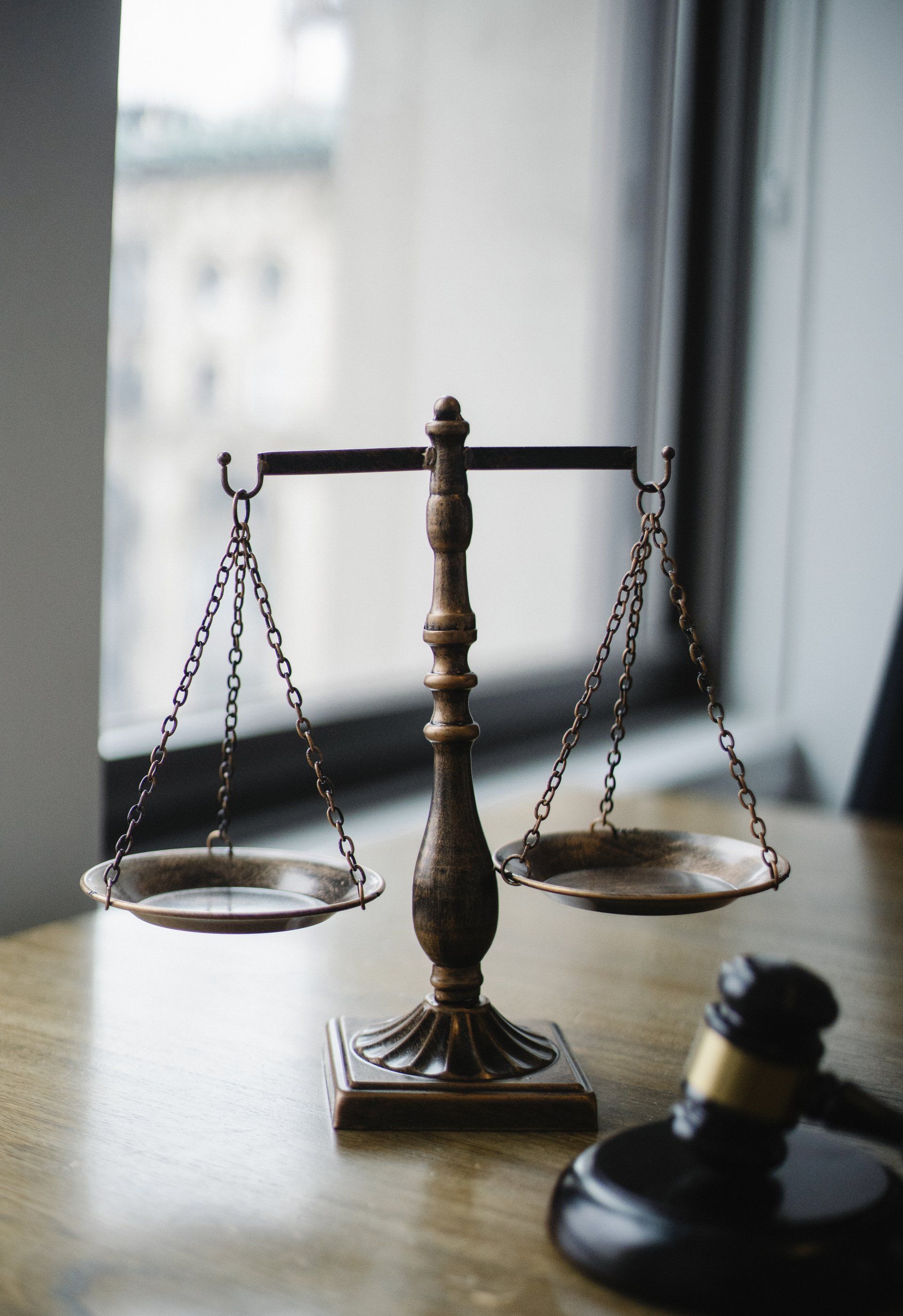Navigating Workplace Discrimination in New York
New York City’s vibrant work culture is as diverse as its population. But diversity doesn’t always shield against inequality. Workplace discrimination, a persistent issue across industries, can tarnish this landscape and impact employees profoundly. Understanding your rights and the role of a workplace discrimination attorney is crucial in such scenarios.
This blog post aims to elucidate the legal recourses available to New York residents facing unjust treatment at work. While discrimination is a complex battle, knowing how to navigate these situations can help restore fairness and dignity to your professional life.
The Intricacies of Workplace Discrimination
Discrimination at the workplace comes in various forms, each potentially corrosive to an individual’s career and well-being. Gender, age, race, religion, sexual orientation, pregnancy, disability, and other protected characteristics form the basis upon which discrimination might occur.
In New York, the law is clear: discriminatory practices in hiring, promotion, job assignment, termination, and other aspects of employment are illegal. However, recognizing discrimination and proving it are two distinct challenges. Subtlety is often a discriminator’s cloak, and identifying adverse action against employees can require a discerning eye.
When to Seek Legal Help
The decision to seek legal counsel is personal and often depends on the severity of the situation. Consider an attorney if:
- You've experienced consistent patterns of unfair treatment compared to others with similar roles.
- Requests for reasonable accommodations due to disability or religious practices have been denied without justification.
- You’ve been demoted, terminated, or subjected to hostile work conditions without cause following protected activity (e.g., whistleblowing, filing a discrimination claim).
The Role of a Workplace Discrimination Attorney
A dedicated workplace discrimination attorney plays a pivotal role in fighting injustices within the corporate arena. These professionals can:
- Provide a clear understanding of your rights under local, state, and federal laws.
- Assess the merits of your claim and guide you through the nuances of legal processes.
- Help compile essential documentation and evidence to support your case.
- Represent you in negotiations, mediation, or court proceedings if necessary.
Building a Convincing Case
An attorney will work with you to gather evidence that may include:
- Communicating records such as emails or memos that indicate discriminatory behavior.
- Testimonies from colleagues who have witnessed or experienced similar treatment.
- Comparative analyses of job performance versus the treatment received.
With these, attorneys can construct a compelling argument that underscores the discriminatory patterns against you.
Knowledge is Power
New Yorkers pride themselves on resilience and forthrightness – qualities that are invaluable when confronting workplace discrimination. Educating yourself on discrimination laws and seeking specialized legal assistance can make a significant difference. If discrimination darkens the door of your workplace, remember you don't have to face it alone.
If you believe you’re facing workplace discrimination, act swiftly by documenting incidents and seeking expert legal guidance. New York's legal framework is designed to protect you, and a workplace discrimination attorney is your advocate, ensuring that your voice is heard and justice is pursued.
Remember, no one should tolerate discrimination at work. It is not only a detriment to affected individuals but also a blight on the inclusive ethos that New York embodies. If you need assistance or wish to learn more, consult with an experienced workplace discrimination attorney to explore your options and regain your right to fair treatment at work.










